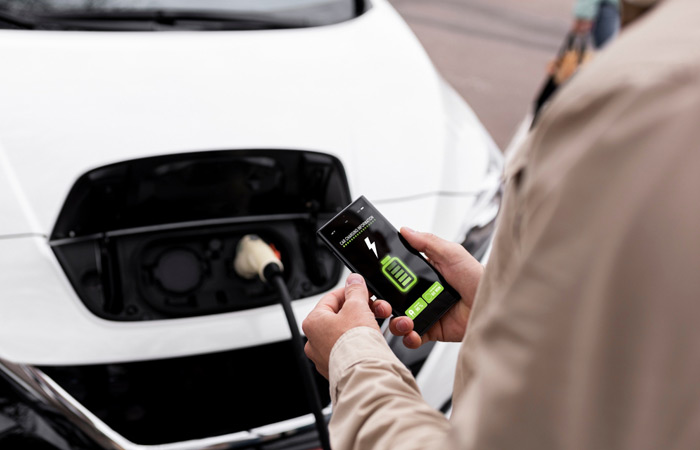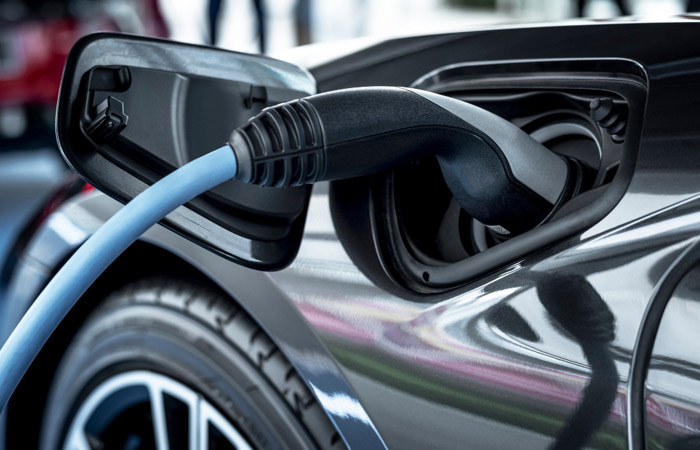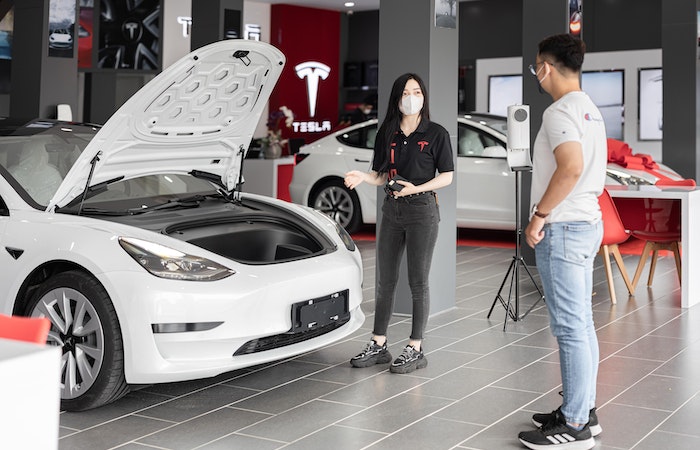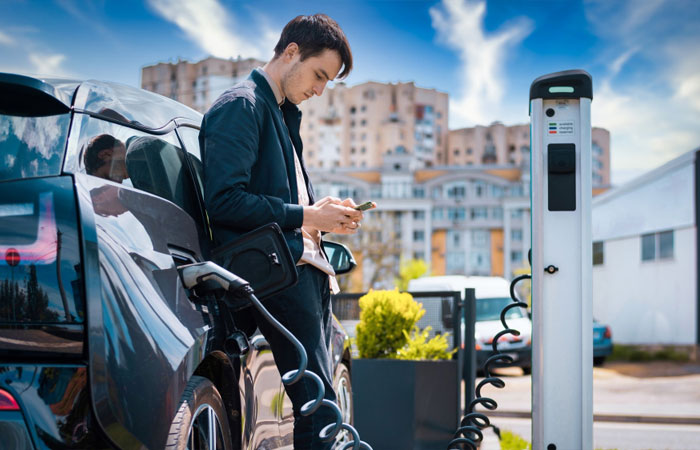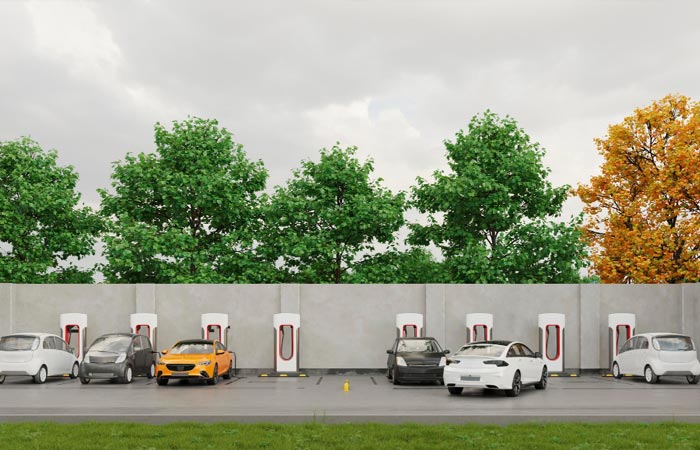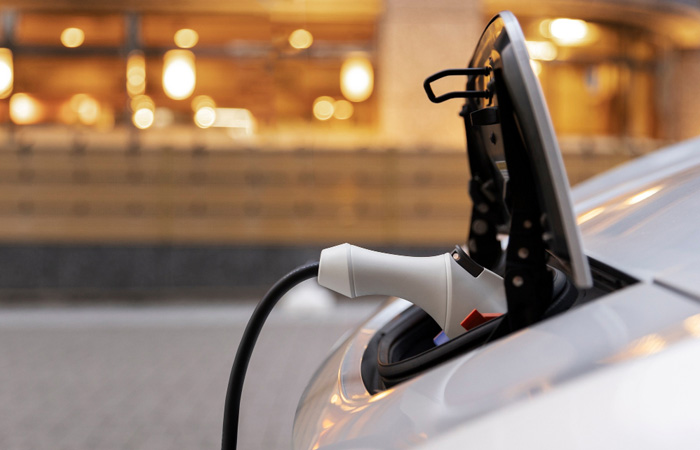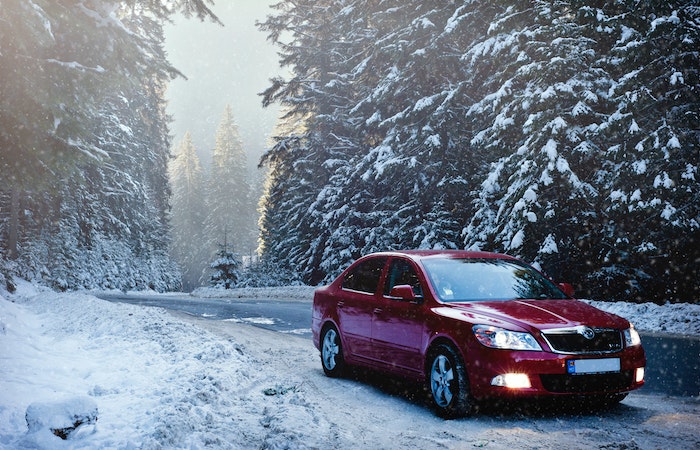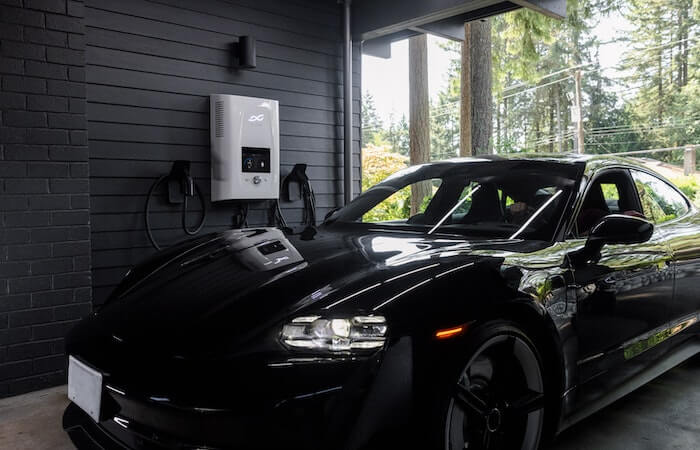
Electric vehicles (EVs) offer a cleaner and more sustainable alternative for the future of transportation. However, there is still an issue of EV range anxiety. This presents a reluctance that hopefully can be overcome with emerging technology.
Norway has the highest percentage of EVs in Europe. In addition, the Netherlands leads in public charging station density. However, there remains a need for further progress in other nations. While plug-in sales have increased by 43%, the total market share of EVs is still only around 4% globally. That being said, light vehicle sales have experienced a drop of 14%.
The environmental benefits of EV uptake are undeniable. Road transport pollution accounts for over 20% of all CO2 emissions caused by humans. Using electricity generated from fossil fuels can reduce harmful vehicle emissions by up to 30%. This figure rises to over 70% if renewable energy sources are used instead. Despite the clear advantages of EVs, consumers remain hesitant to switch. This is primarily due to an issue known as EV range anxiety: fear of running out of charge.
EV range anxiety explained
EV range anxiety is an often-cited fear among potential EV owners. This sense of anxiety has become a major barrier to wider EV adoption. It speaks more to people’s psychology than the actual capabilities of EVs or the availability of charging points.
In recent years, the EV range has grown by roughly 15%. In addition, infrastructure for physical charging points is expanding steadily. Despite initiatives from both government and manufacturers, combustion engines still constitute most vehicular sales. This is largely due to continued anxieties about running out of power on a journey. For widespread EV adoption to become a reality, there needs to be widespread acceptance that this fear is unfounded
Plugging in and charging up
Plugging in and charging up is becoming increasingly popular as EV sales continue to rise despite economic uncertainty. This is great news as electric vehicles can have a huge positive impact on the environment. They are responsible for significantly reducing carbon emissions and helping to improve air quality for all.
Governments worldwide are encouraging people to switch to EVs.For example, US president Joe Biden’s proposal of $174bn in incentives, and the UK’s plan to ban new diesel and petrol cars from 2030 onwards. Automakers are also responding by declaring their intention to phase out combustion-engine vehicles by 2035, 2030, or earlier.
For this transition to be successful, it’s essential that owners of electric vehicles experience:
a smooth journey
reliable range forecasts
easy access to charging stations.
Manufacturers must ensure an enjoyable experience for drivers. Research from JD Power found that unhappy customers are almost three times less likely to purchase another vehicle from the same brand.
EV range anxiety: finding your range
Depending on external factors, the average EV can travel around 200 miles or 320 km on a single charge. These external factors include elevation, traffic conditions, and driving style. With this range in mind, many everyday trips are well within the EV’s capacity. However, it can be beneficial to check for charging stations in advance for longer trips, or those that take place further away from home.
Fortunately, European governments are investing in EV infrastructure networks to reduce range anxiety and increase eV adoption rates. For example, the Netherlands has put numerous EV charging points in place and even offers installation services if there is not one already close by. As part of their effort to make EV ownership more accessible for everyone, they also offer EV owners up-to-date information about the nearest charging station.
Technology also reduces EV range anxiety by calculating precise ranges based on data. This data includes both driving speed and route conditions. By providing accurate range predictions drivers can plan their journeys more efficiently and strategically. They have less chance of running low on charge during transit. This improved trust in EVs encourages more people to consider purchasing one. It also gives existing owners peace of mind when travelling long distances.
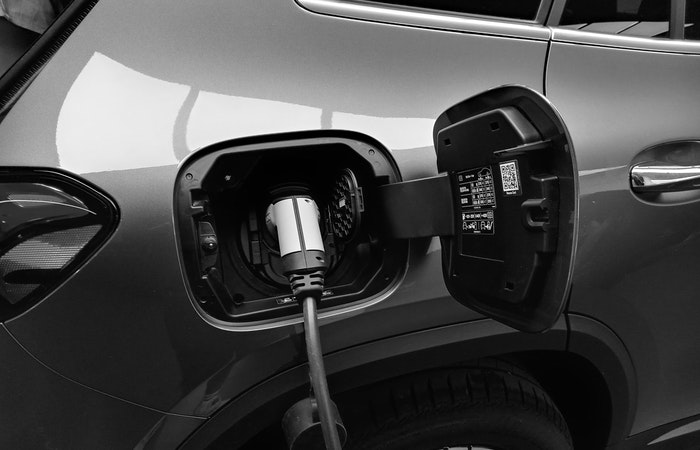
Going the extra mile
Electric vehicle (EV) drivers need assurance that they can reach their destination without running out of power. To address this EV range anxiety, a variety of solutions are available to help plan trips and pinpoint charging locations. Advanced navigation systems with connected services offer the best user experience, providing drivers with accurate information on how far they can go, what charging options are available, and where and when to charge if needed.
In-dash navigation systems can provide detailed directions to charge points along a route, including information on opening times, payment methods, and access restrictions. Connected services technology also allows an EV to pre-condition its battery for optimal temperature before arriving at a charging station for faster refueling time. Further efficiency can be achieved by hybrids that understand the terrain and take advantage of regenerative braking going downhill so that more energy is pulled from the battery uphill.
By utilizing these solutions, EV drivers have the confidence to take long journeys knowing there are ways to manage their EV range anxiety. This additional knowledge allows them to get the most out of their EVs and make the transition from gasoline vehicles smoother.
Mapping the road ahead
Electric vehicles (EVs) provide an exciting opportunity to reduce our dependence on fossil fuels and move towards a cleaner, greener world. But for many drivers, range anxiety still presents a significant barrier to adoption. To tackle this issue and make driving an EV more accessible and reliable, it’s essential that the right technology and infrastructure are in place.
Route planning is key for reducing driver stress levels. With detailed route visibility and access to live maps, drivers can confidently plan their journeys. Up-to-date information on available charging stations, including real-time data on traffic updates and any bumps along the way, can help ensure they don’t run out of charge while on the road.
Having the right tech also makes it easier to find nearby charging points that fit your journey plans. This can be especially important when you’re travelling long distances or have time constraints at either end of your trip. Locating nearby chargers quickly helps reduce EV range anxiety further by providing peace of mind that you won’t get stranded without power halfway through your journey.
To facilitate the wider adoption of EVs, governments worldwide must continue investing in infrastructure that supports this new technology. By creating a network of reliable charging points across transportation routes – including highways and local roads – drivers will have more confidence when making longer trips in their electric cars. The result: a future powered by clean energy, less pollution from burning fossil fuels, and an end to troublesome EV range anxiety.
